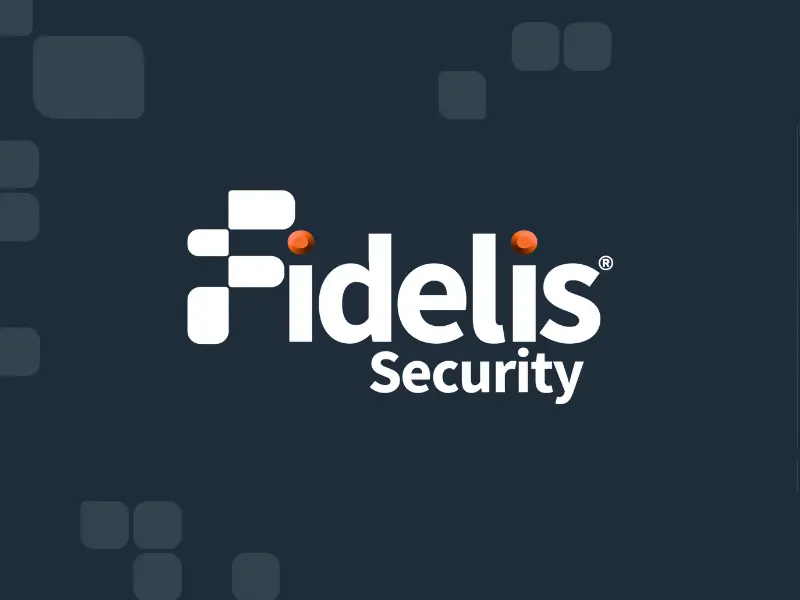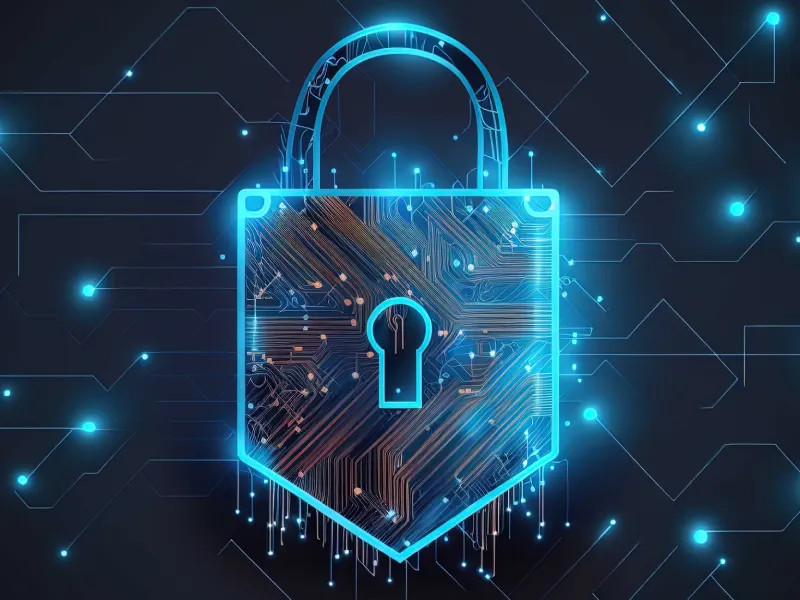GDPR compliance is the degree to which an organization adheres to the European Union’s General Data Protection Regulation (GDPR) which establishes regulatory policies for the protection of personal data. The acronym GDPR stands for General Data Protection Regulation and in its simplest terms the GDPR establishes standards for collecting, processing, keeping, and deleting personal information. What GDPR’s relevance to cybersecurity means is an emphasis upon data integrity, confidentiality, and availability with respect to technical measures in compliance with legal obligations.
The definition of GDPR compliance is more than just talking points or policy. This is both technical controls such as encryption, pseudonymization, access controls, and ongoing vulnerability assessments and a number of organizational measures including Data Protection Officer designation, Data Protection Impact Assessments and documentation in the form of detailed records of processing.
GDPR compliance meaning also extends to data flow mapping, breach notifications within 72 hours, and enforcement of data minimization for the purposes of reducing exposure of personal particulars.
GDPR compliance is a commitment to continuous improvement rather than a one-time attainment of compliance certification. GDPR compliant organization continuously performs an audit of its practices, amends policies for the latest regulatory updates, and trains personnel on responsibilities regarding handling of data.
In reality, this constant effort builds customer confidence and prevents the heavy fines and the reputational loss of being non-compliant. By incorporating GDPR requirements within IT and business processes, organizations gain a robust, open approach to data protection.


